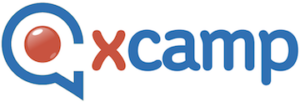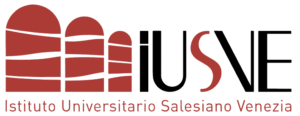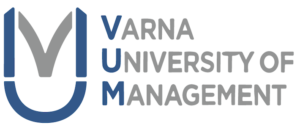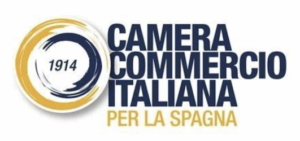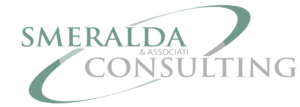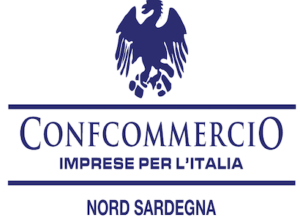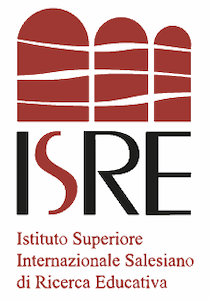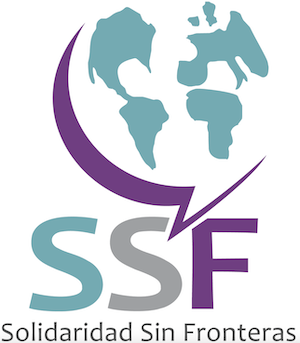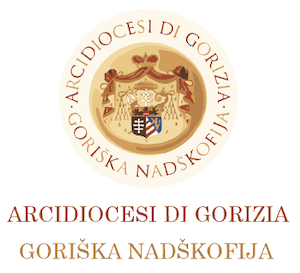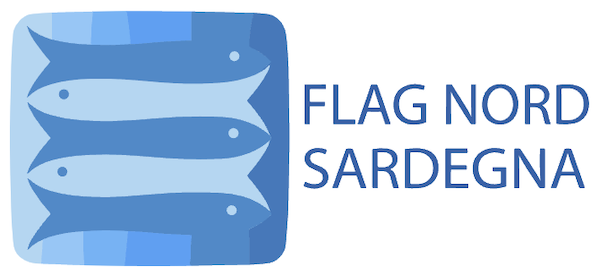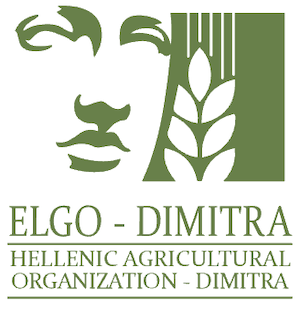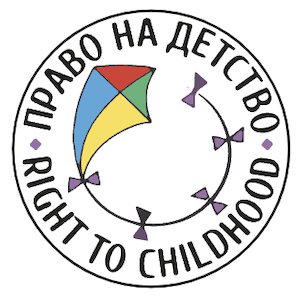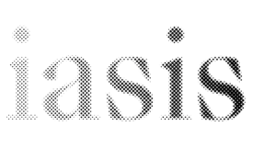The Innovation line
from idea to project
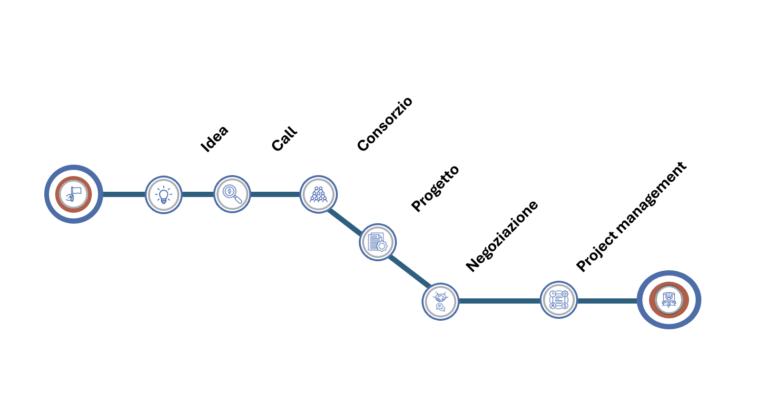
We help business, associations, local authorities and communities to compete for the European funding by designing and organizing innovative projects.
In 2020 President Ursula von der Leyen, speaking about the state of the Union and presenting Next GenerationEU, said: “… we create a new European Bauhaus, a co-creation space where architects, artists, students, engineers will work together to achieve what is shaping the world we want to live in.”
This sentence summarizes well the role of innovation in the development of society for politics, especially in relation to the most demanding challenges among those we face. Innovation, therefore, goes beyond the spaces of economics, science and technology to also impact society as a whole, our values, models and the way individuals act in general.
We are specialized in the design of plans and process for innovation, from the overall conception to communication and dissemination, from the definition and organization of the working group to project management and reporting. We deal with several topics, chosen according to our interests, or following our partners’ ones, we select a call from those issued by the European Commission and we apply for the EC financing forming the Consortium, involving the most suitable partner, preparing and presenting the proposal.
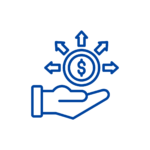
A chance for everybody
Contact us to know more of it.

Topics covered
· Citizenship education.
· Entrepreneurial education.
· Circular economy.
· Smart community – valorization of cultural heritage.
· Sustainable tourism.
· Minority rights.
· Gender equality.
If you want to propose any other theme, contact us.

The greatest support for European innovation
Perhaps not everyone knows that the European Union is the largest agent of innovation in the continent: in the period 2021 - 2027 it will invest around 1,800 billion euros, intervening on issues such as the environment, digital, science and technology, the single market, social inclusion and more. A large part of these funds will be used to co finance strategic projects through non-repayable contributions to be assigned following tenders aimed at the most diverse subject, constituting what is one of the most important form of financing for European entities.To find out more about European funding, continue reading here. Our process
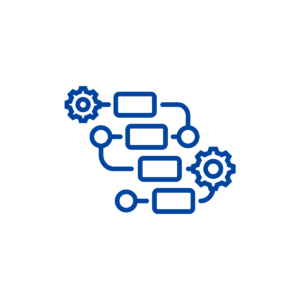
We only commit to projects we believe in, fully embracing the cause. Our formula does not include assignments and payments at the beginning of the project, instead we want to be part of the consortium, directly or through our partners, and be remunerated during the implementation phase with the assigned resources for what we do. Our compensation is clear, included in the budget like all the other participants’ ones.
We follow all the phases of the project, producing the required documents and coordinating the consortium’s operations, to maximize the chances of accessing the requested funding, assisting the proposal leader and the entire consortium in the negotiation and implementation phases.

Idea – choice of design scheme
There are many active programs, each one identifies a theme and then every single call, within it, addresses a specific objective. The specific objectives can be various: promotion of a theme to raise public awareness, training for adults and children, scientific and technological research, production of cultural materials, promotion of new forms of social aggregation and more. The same theme can be declined in different ways and therefore treated in different programs. The choice of the project scheme, the theme, and the way it is carried out is the first step that affects its possibility of finding a suitable call to be able to face the financing selection with confidence.
Call selection
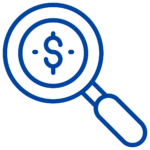
Once we have defined the project scheme to work on, we analyze the calls for proposals. We look for the one in which our idea can fit the best, considering the factors of the evaluation grids (adherence to the EU, satisfied needs, originality, impact, replicability and scalability): we evaluate the times to propose and implement the project, financing scheme, the range in which the project budget must fall and the possible need for co-financing, the need to form a consortium and the requirements for its members and the degree of competition expected for the call.

Consortium building
Beginning with the outline and the requirements of the tender, when requested (and often it is) we design the consortium that will propose the project. Starting from the geographical coverage required by the call, we seek and select the best partners to compete by evaluating their capabilities, including the organizational ones, to carry out the proposed activities homogeneously in all the involved countries, presenting a team whose credibility is supported by robust references. We also evaluate the legal requirements for some participants (qualifications, membership of certain categories, certifications) to complete the overall profile of the consortium and maximize the probability of success of the proposal. In many cases, especially in the case of large budgets, we involve as lead partner a more robust entity, in terms of technical and economic capacity and references, to guide the consortium providing the Commission with greater guarantees.
Project preparation
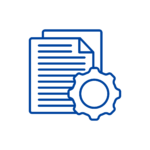
We prepare the documentation to apply for the selection, based on the project description and the budget, the resources necessary for its implementation requested to the granting body. These documents are guided by the call, which provides formats and index with the rules for compilation. A first part concerns the objectives of the project, adherence to the European strategy, the needs analysis and the methodology underlying the proposed scheme. A second part describes the implementation, the curricula of the consortium participants and the organization and rules for project management. A further part then concerns the impact, i.e., how significant the project can be in the European Union, directly or indirectly, during the project period and beyond. The last part concerns the precise description of the proposed actions and the budget, i.e., the indication of the resources necessary for their implementation.
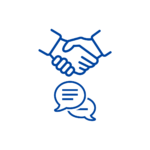
Negotiation
We assist the consortium in the negotiation, preparing and coordinating the production of the various documents, the last phase before the actual start of the project. The steps in this phase concern the validation of the consortium members, the negotiation of the Grant Agreement and the arrangement of the Consortium Agreement. From this phase onwards the consortium leader will represent all the participants in the project group, engaging the entire consortium based on the cooperation agreement negotiated by the partis. The Grant Agreement is based on a standard template, integrated with the proposed project and all the additional information requested by the Granting Authority.
Project management
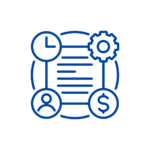
Once the project has been given the go-ahead by the Granting Authority, we ensure that the Consortium satisfies its contractual obligations. We follow PM2, the project management methodology developed by the European Commission, to coordinate the work of partners in compliance with timescales, costs and expected results. We support the lead partner and the other parties involved in the production of deliverables, reports, or other documents to demonstrate that the results have been effectively achieved. Reporting is another important part of this phase, with the preparation of documents and processes to justify costs and efforts incurred and therefore be able to receive the contractual payments for the project.
Who we are
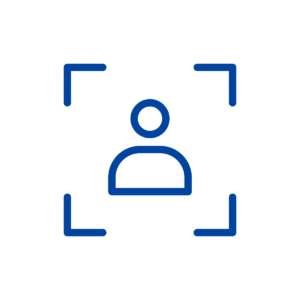
We met at the Master in Europlanning at Venice International University a few years ago, we wrote our project work together for the diploma and since then we have continued to work together. We are Massimo and Michelangelo, we are the same age and, before meeting each other, we had complementary experiences: large companies, technology, strategy, marketing, and communication together with territorial development, associations, third sector and social commitment. In our professional life we have had the opportunity to build a network of varied and heterogeneous relationships, an environment that allows us to involve new partners and get to know even others following various directions, another very important asset for carrying out our work in the best possible way, almost always based on teamwork. This variety of experiences, relationships, views is perhaps the greatest value that Xcamp offers.
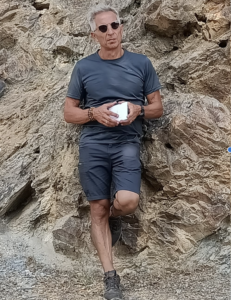
Massimo Coa
Massimo’s career represents a dynamic path across multiple sectors, characterized by constant attention to novelties and innovation. Dedication and experiences vary and have led to the creation of projects of economic and social relevance. Today, he is competent in European planning, marketing, microeconomics, and tourist valorization of cultural and territorial assets. He speaks and writes in English and is skilled in the use of various computer software. His multi-faceted career demonstrates a relentless passion for innovation and sustainable development.
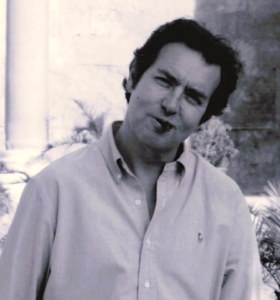
Michelangelo Altamore
I have always been curious, and this led me to look for new things to do. For more than twenty years I have innovated in the company, starting with research and development, and then carrying out technological, service and market innovation. The thing that amused me most, and still amuses me, is starting new projects – starting from the idea – bringing them up to speed, starting up them towards the development phase; this still amuses me and Xcamp projects satisfy my curiosities.
Our partners

These are some of the partners we have worked with so far:
Contacts
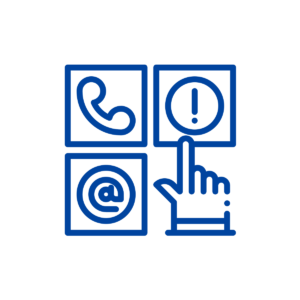
Xcamp srls
Via Croce Rossa, 81
90146 – Palermo
Italia
Phone to +39.335.6585702
Mail to contact@xcamp.it
Xcamp s.r.l.s.
P.I. IT06850720829
